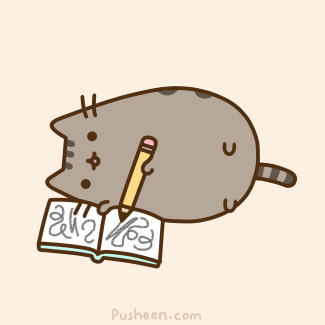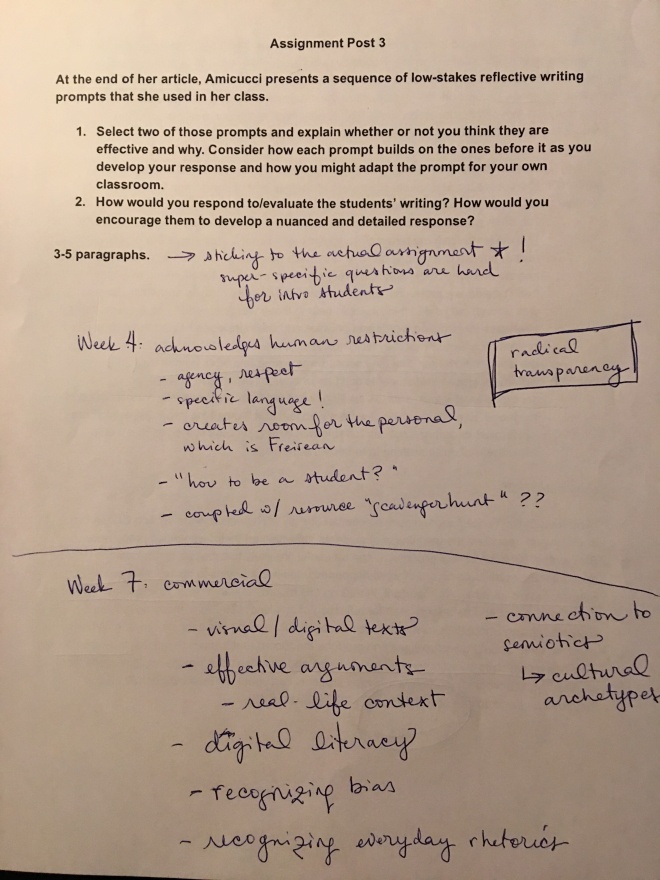In Basic Writing as a Political Act: Public Conversations About Writing and Literacies, authors Linda Adler-Kassner and Susanmarie Harrington discuss how educational ideologies and literacy are not value-neutral in the classroom setting, and argue that examining ideology is key to recasting basic writing as social and actually inherently political. This notion of political must be divested from American cultural semiotics of election, candidate, party, etc.; instead, the authors embrace the “political” as Merriam-Webster introduces the term: “the total complex of relations between people living in society.” Adler-Kassner and Harrington do not explicitly engage in policy discussions, nor do they explicitly address governmental issues that affect Basic Writing; rather, they explicate the complexities of identity and ideology that occur at the intersections of private and public, individual and institutional. The authors focus on practical approaches to basic writing instruction, avoiding popular notions of mastery that rely on quantifiable data and skill-and-drill exercises. The authors repeatedly emphasize the importance of instructors both valuing student contributions and creating a classroom culture of equity-focused inclusivity.










